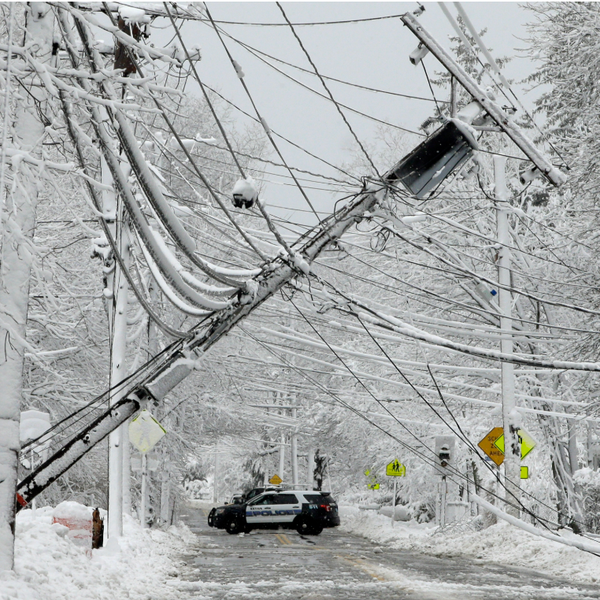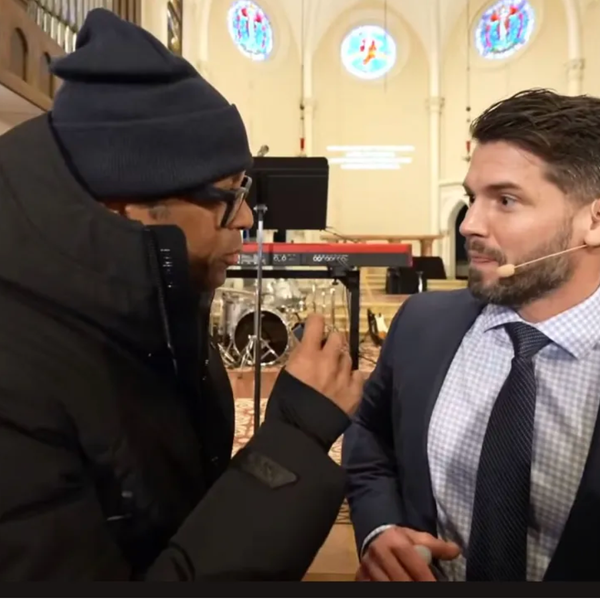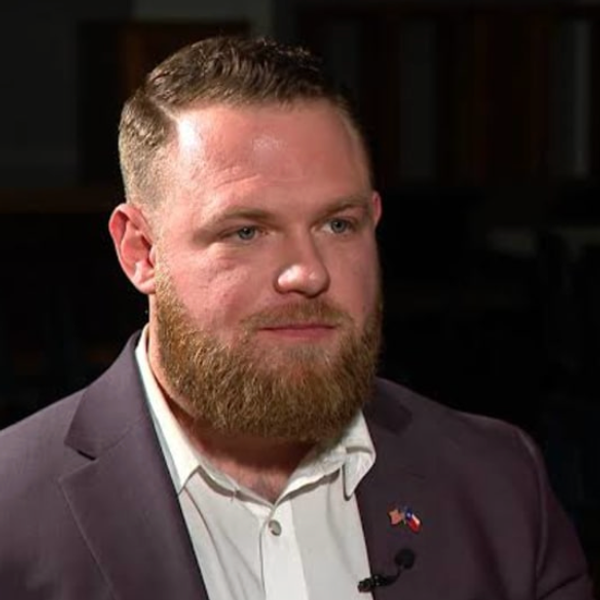
By Maria L. La Ganga, Los Angeles Times (TNS)
SEATTLE — The tutued young woman, the court interpreter, and the middle-aged dad wearing a jester’s cap in Seattle Seahawks colors traipsed down to the Living Computer Museum here Saturday morning with a single goal in mind.
They wanted to help stamp out Ebola. Using 10,000 or so smartphones.
Aid groups point to a gaping hole in the effort to battle the terrifying disease in Liberia, Sierra Leone and Guinea: the lack of real-time data. How many new cases are cropping up and where? How many deaths have occurred? Where are the empty hospital beds? What supplies are needed and where?
The phones — programmed Saturday by volunteers here — will allow relief workers to collect data in the field and transmit it back to the United Nations via a specially constructed WiFi network so that aid can be sent where it is needed most. Information will be shared with scientists and humanitarian workers.
This high-tech effort, announced Monday, is part of the Paul G. Allen Family Foundation’s $100 million pledge to help eradicate the disease, whose toll last week crested 5,000 in West Africa. On Monday, a Sierra Leone surgeon who had been airlifted to the United States for treatment died in a Nebraska hospital after contracting the disease.
“If we can provide an aid worker with a cellphone, they can communicate back to headquarters about what’s going on in the countryside in real time,” said Andy Hickl, senior director for innovation at Vulcan Inc., Allen’s technology firm.
“We’re taking it from six people (collecting data) in the field to 10,000 reporters from the field,” Hickl said Saturday, as volunteers in the cavernous museum building scrambled to unpack phones and download software. “If we have the data in the right hands, we can make decisions about where the next supply plane or truck should go.”
Hickl traveled to Accra, Ghana, in October to visit the headquarters of the U.N. Mission for Ebola Emergency Response. He had been invited by UNMEER’s chief of mission to help the organization’s information management team.
“We said, ‘What do you know about what’s going on in the three countries?'” Hickl recounted. “The answer was, ‘Not enough.'”
Right now, he said, the “state of the art” for information gathering in the affected nations is the clipboard, and once data is compiled, “someone has to type the information into an Excel spreadsheet and it gets sent via email at some point.”
The hope is that the smartphones and WiFi network being installed to transmit the data will help speed the response to the spreading crisis.
The kind of data that will be logged into forms installed in the smartphones falls into three categories: How good is connectivity? For example, is it even possible for sick people to make a phone call and have someone take them to an Ebola treatment center?
Where and under what circumstances are humanitarian groups operating? And finally, what is life like in the far corners of the countries plagued by the disease? Are families holding up? Who has died? Is there food?
The first phone shipments were scheduled for Monday: 600 were sent to the U.N. mission in Accra, 2,500 went to aid workers in Guinea, and 1,000 were dispatched to an aid group called Mercy Corps.
The WiFi network in the affected countries will be built by NetHope, a consortium of international humanitarian groups that specializes in bringing technology to developing regions.
“We have seen a huge drop in reporting in the last few weeks,” said Lauren Woodman, NetHope chief executive. “We believe it’s because of a lack of connectivity. Our member organizations tell us it takes three to four hours to make a phone call. … The system is just broken.”
At the Living Computer Museum on Saturday morning, Adriana Franco-Erickson, a court interpreter who lives in Kent, Wash., unpacked a steady stream of boxed phones. Her husband and daughter installed software.
They came out, she said, because they were “desperate to find a way to help fight the Ebola.”
“We are citizens of the world,” she said as she worked. “Helping control the disease in Africa will also help us all to be better.”
AFP Photo/Zoom Dosso








